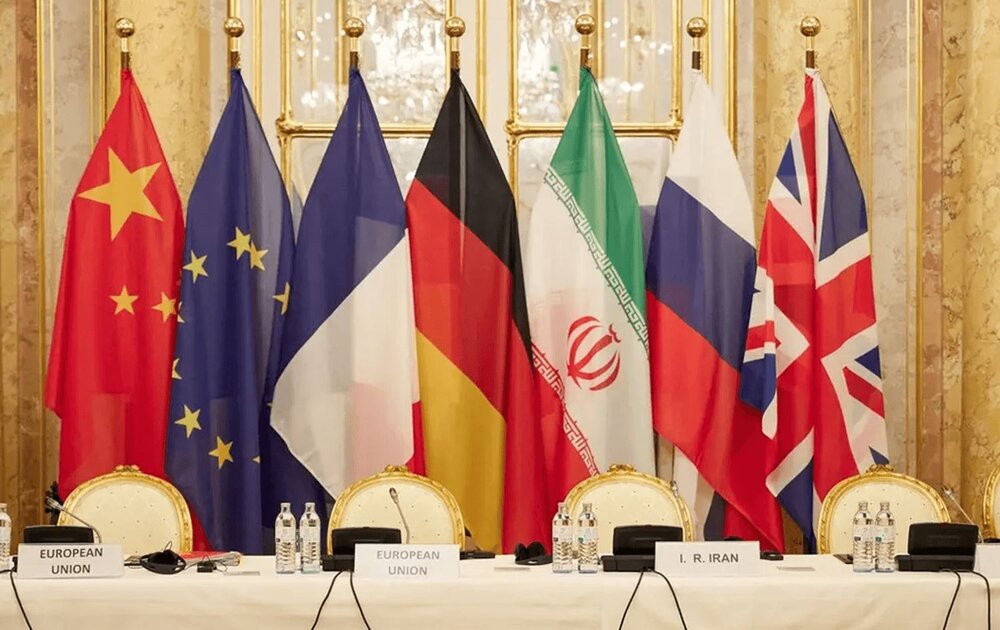U.S. demands halt to Iran’s revenge for the assassination of General Soleimani: report

TEHRAN – The United States has asked Iran to drop its policy of exacting revenge for the assassination of its top general, Qassem Soleimani, during the talks in Vienna over reviving the 2015 nuclear deal, Al-Alam reported on Monday.
The U.S. presented a set of demands at the talks that Iran refused altogether, the Iranian news television reported.
The United States continues to be a major obstacle to the progress of the talks in Vienna aimed at removing sanctions. Because the U.S. is yet to take the necessary political decisions regarding the Vienna talks.
This was confirmed by Iranian Foreign Ministry spokesman Saeed Khatibzadeh, noting that U.S. President Joe Biden had not taken a decision on returning to the nuclear agreement and that the Vienna talks had become hostage to U.S. internal affairs.
Khatibzadeh stressed that Iran's patience will not last forever and that the United States is responsible for the suspension of the Vienna talks.
The head of the Atomic Energy Organization of Iran (AEOI), Mohammad Eslami, confirmed that global arrogance seeks to prevent Iran from achieving development. In an interview with Al-Alam TV, Eslami said the United States has placed many obstacles in order to achieving this goal.
“There is a clear will and a serious effort by the arrogance, especially the United States of America and its allies, to prevent Iran from achieving development,” the nuclear chief stressed.
Well-informed sources revealed to Al-Alam that the United States' obstruction of the Vienna talks was caused by several positions. The first is that Washington refuses to lift sanctions on the Islamic Revolution Guard Corps (IRGC), despite the assertion of many Iranian officials that lifting these sanctions is a priority for Iran.
The sources also revealed that the United States asked Iran to abandon the demand for revenge for the crime of the assassination of General Soleimani. Washington also demanded that the issue of the Iranian role in the region be raised at the negotiating table, which was totally rejected by Iran.
